Recension av Plants vs. Zombies: Replanted — PopCap återbesöker en klassiker
The remaster of Plants vs. Zombies arrives with a familiar grin, a bright lawn, and the same improbable front-yard siege that defined casual strategy gaming in the late 2000s. It lands in 2025 carrying both expectation and memory, and for many, the return is powered not by novelty but by the comfort of habits that once shaped a summer afternoon on a home PC. The project folds together the 2009 release, the mobile and console additions that followed, and a handful of fresh modes, presenting the most complete edition PopCap has assembled to date. That ambition anchors this look at Plants vs. Zombies: Replanted, as[]frames a revival trying to satisfy longtime players without diluting the lighthearted chaos that made the original distinctive.
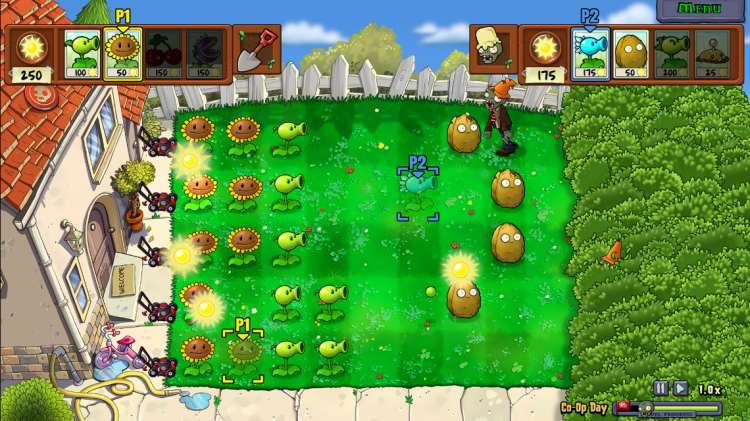
Alessandro Fillari’s review on IGN outlines a similar balance of appreciation and frustration, reflecting on Replanted as both affectionate and uneven. His view sets the tone for what PopCap is attempting here, acknowledging the pull of the familiar while interrogating the places where modernization falters.
“It not only updates the original’s stellar blend of approachable tower-defense and puzzle gameplay, but it’s also a reminder of how quirky and endearing games were in the late 2000s.” — Alessandro Fillari
The pull of nostalgia has real gravity in Replanted. The gentle absurdity of a lawn defense line built from peashooters and walnuts still holds. Zombies dressed as athletes or pilots still shamble forward with the same deadpan theatricality. PopCap’s tone remains as breezy as the franchise ever offered; it never pauses to contextualize its world, and the refusal to justify its premise continues to function as a strength. The cadence of planting, gathering sun, and adjusting lanes builds a rhythm that rarely stalls, and the earliest levels remain welcoming to players with minimal strategy experience. Tower defense has rarely been this readable, and part of Replanted’s endurance comes from how quickly its rules become instinct.
“Replanted struggles to balance its updates with its attempts to preserve the look of the original.” — Alessandro Fillari
The structure of the remaster leans heavily on consolidation. Content from earlier ports, including China-exclusive material, returns alongside couch co-op and competitive modes that disappeared from some later releases. This approach reframes the game as a library entry: a final assembly of nearly everything the brand touched before its pivot into shooters and spin-offs. Instead of trying to reinvent its core, PopCap focuses on completeness, emphasizing breadth over reinvention. The decision reflects an understanding that Plants vs. Zombies never required reinvention to work. Its simplicity is part of its appeal, and stacking too much system weight on top of its gentle loop would risk breaking the rhythm rather than modernizing it.
“Even as someone who played it plenty 16 years ago, I still found myself immediately drawn back in.” — Alessandro Fillari
Replanted’s new ideas arrive as supplemental challenges, not structural changes. The Rest in Peace mode, which introduces permadeath conditions to the campaign, looks ambitious on paper yet feels conflicted in execution. Allowing players to bring their full roster of unlocked plants into an unforgiving run grants power early, blunting the tension that permadeath typically fosters. The concept fits the world — a game about siege should handle pressure well — but the implementation leaves that promise underdeveloped. The tension arrives in spikes rather than crescendos, a reminder that difficulty tuning remains one of Replanted’s weaker edges.

Cloudy Day mode fares better. Merging day and night mechanics introduces a clear shift in resource strategy, encouraging forward planning and rewarding quick adaptation as conditions flip. It serves as a controlled twist on an already familiar formula rather than an attempt to reshape it. In a game defined by the pleasure of incremental improvement, that restraint reads as a judicious choice. Replanted’s best moments arrive when it invites mastery within known boundaries, not when it tries to build new ones.
Quality-of-life additions contribute meaningfully. The fast-forward function removes the downtime that once accumulated in longer stages, accelerating repetitive sequences without flattening the tactical layer. The tradeoff arrives in the soundtrack: speeding the game also shifts the music, reducing the original dynamic escalation into flattened tempo changes. For players who associate PvZ with its playful audio shifts, the loss lands harder than expected. Sound has always played an understated role in this series, and the absence of a swelling battle track during heavy waves eliminates an emotional cue that once shaped a round’s tone.
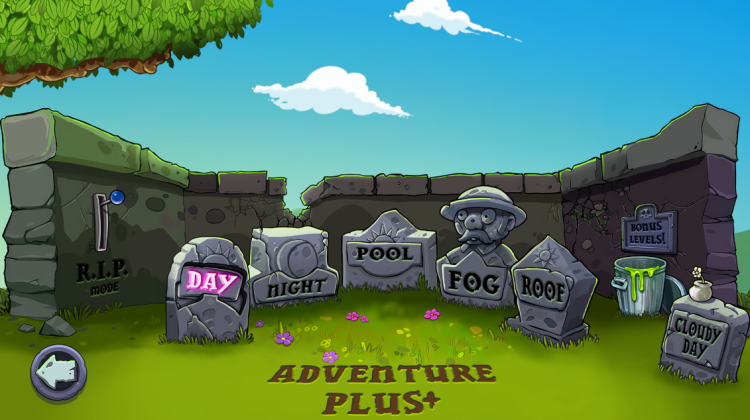
Visual presentation is the most conspicuous area of strain. Higher resolutions and updated assets coexist with elements that feel stretched, filtered, or mismatched. The hand-drawn charm of the original survives in broad strokes, yet certain menus and portraits lack the polish a remaster typically promises. The effect is subtle in motion but evident in static screens or UI transitions. It reflects a guiding philosophy apparent throughout Replanted: replicate first, refine later. Fidelity often yields to familiarity, even when that comes at the cost of cohesion.
One change stands out for its curious impact. The original ending sequence — once a full-screen celebration, remembered fondly by many players — now appears framed within a faux CRT television in a cutscene. The meta-presentation choices flatten the finale’s energy, reducing an iconic moment into a nostalgic nod rather than a confident reprise. In a remaster designed to honor a legacy, the move reads cautious, even hesitant. It underscores a recurring tension: how far can a refresh go before it stops being the game some players remember?
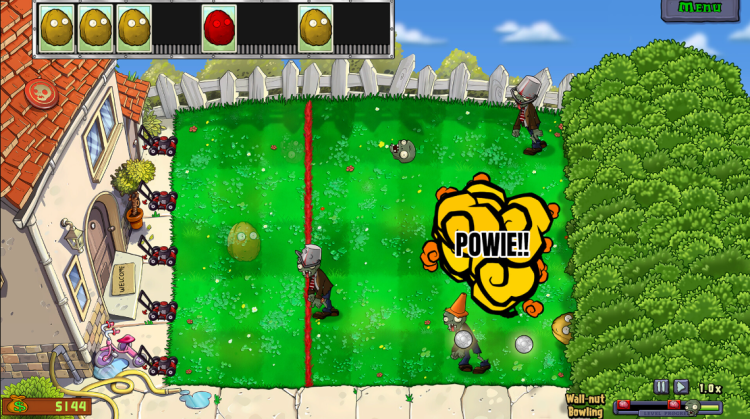
Despite such missteps, core gameplay remains reliably engaging. Lane management still rewards early discipline; sunflower placement still dictates tempo; late-wave improvisation still carries urgency even in casual runs. Plants vs. Zombies holds its footing through simplicity, not spectacle. The identity PopCap built 16 years ago retains enough clarity to carry a remaster without heavy revision. That stability anchors Replanted, keeping it grounded even as aesthetic inconsistencies and uneven mode execution intrude.
The broader context matters. Plants vs. Zombies has been stretched across genres and monetization models since its debut. Replanted arrives at a point when the brand’s future direction is unclear, but the appetite for its original incarnation remains noticeable. In that climate, this remaster plays a maintenance role in the franchise’s identity rather than a bold new step. It is less a revival than a return, and that distinction shapes expectations. A remaster does not need to reinvent a classic, yet it must justify its space beside it. Replanted meets that threshold, though without the crisp certainty that defined the first release.
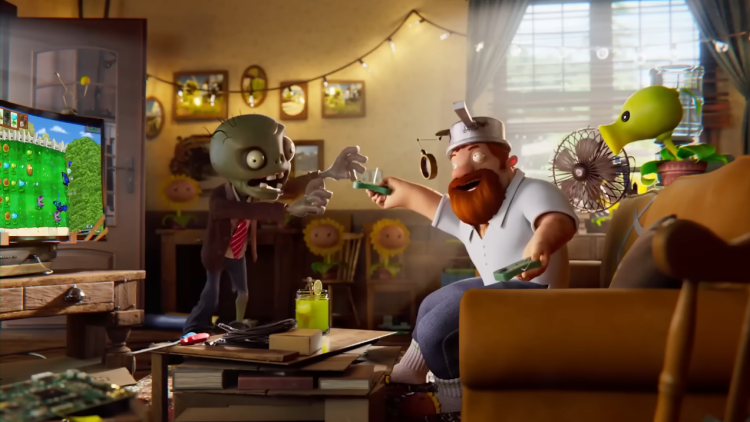
Players revisiting the series will find comfort and interruption in uneven proportion. Newcomers will encounter a foundational design that still teaches strategy without intimidation. Tower defense has evolved across mobile platforms and PC experiments, yet Plants vs. Zombies remains approachable without flattening depth. Replanted sustains that quality while carrying the burden of enhancements that do not always align with its own simplicity. The game’s creative personality still beams through its lawn humor and absurd contraptions, but some edges feel sanded where a sharper choice might have served better.
The verdict lands with modest clarity. Plants vs. Zombies: Replanted succeeds at assembling the definitive edition of a beloved format, despite uneven visuals, mixed structural tweaks, and occasional tonal missteps. It is warm rather than triumphant, functional rather than visionary. The core survives intact, and for many, that will be enough. The lawn still fills, the waves still crash, the peashooters still blink with bored determination before firing again. If the remaster does not revolutionize its subject, it still respects it, and sometimes preservation has value beyond innovation.
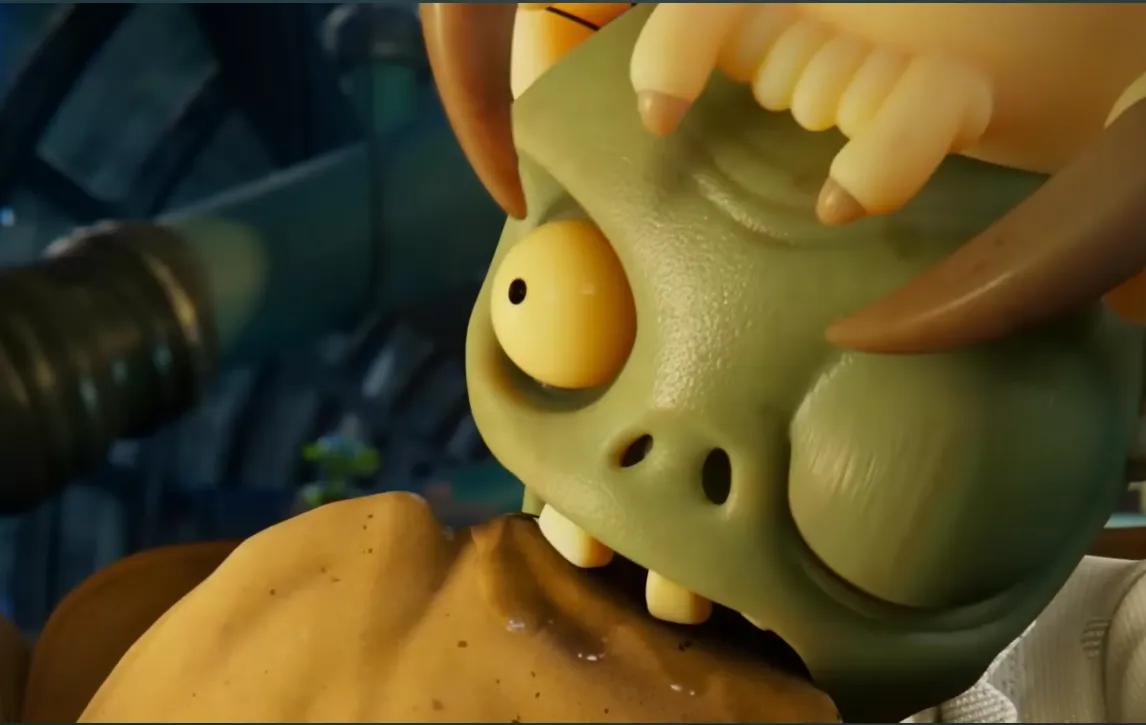
Kommentarer